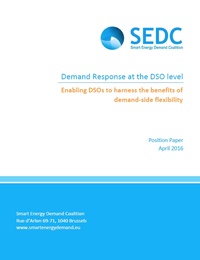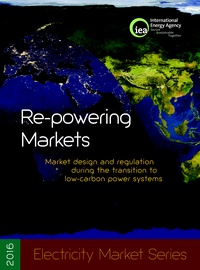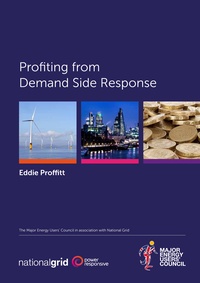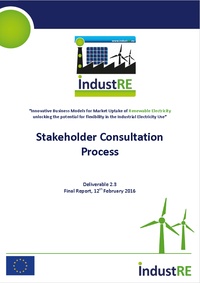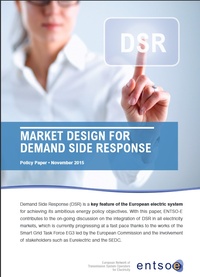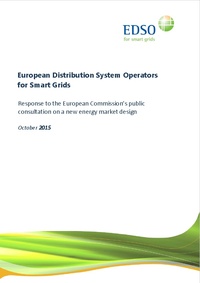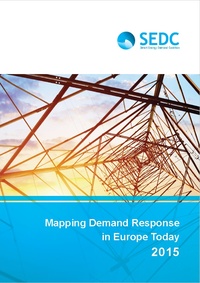Demand Response at the DSO level
With the profound transformation of the energy system currently taking place in Europe, new challenges arise for Distribution System Operators to manage the network in a safe and cost-efficient manner. To maintain system stability on an interactive and decentralised electricity mix, the use of energy consumer’s flexibility offers an increasingly important and valuable resource.
This White Paper by SEDC illustrates the value of demand-side flexibility as a smart and efficient option in the management of the distribution grids and discusses the changes needed in the regulatory framework to incentivise DSOs to use Demand Response as a cost-effective solution. A set of principles are identified for customer engagement in demand-side flexibility, and the role of DSOs as users of demand-side flexibility is addressed. The paper concludes with a set of key recommendations for demand-side flexibility in the distribution system.

